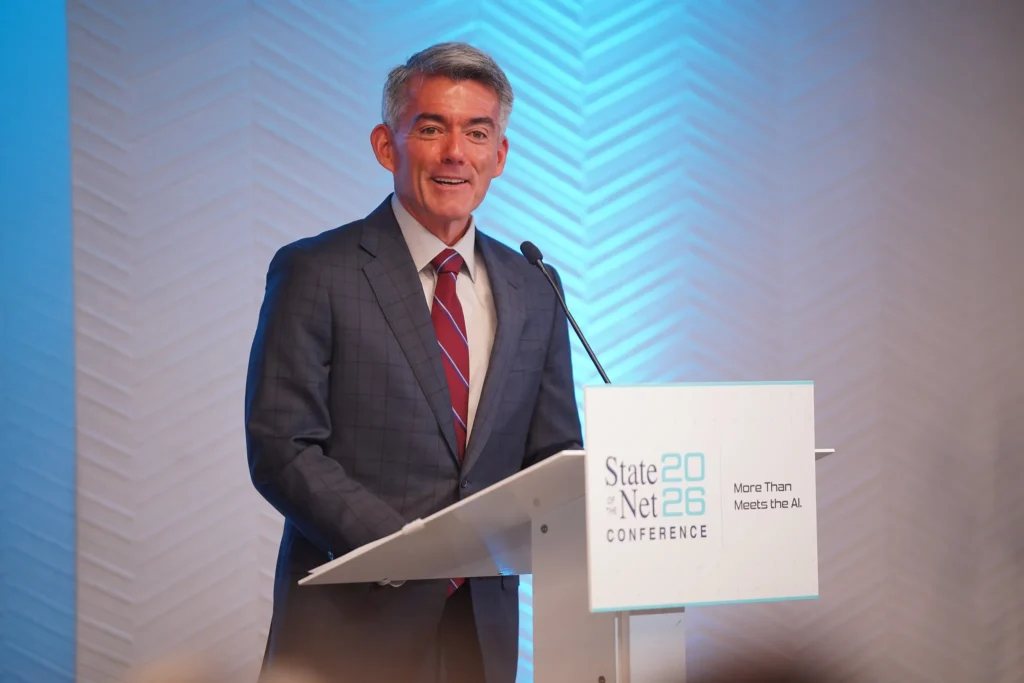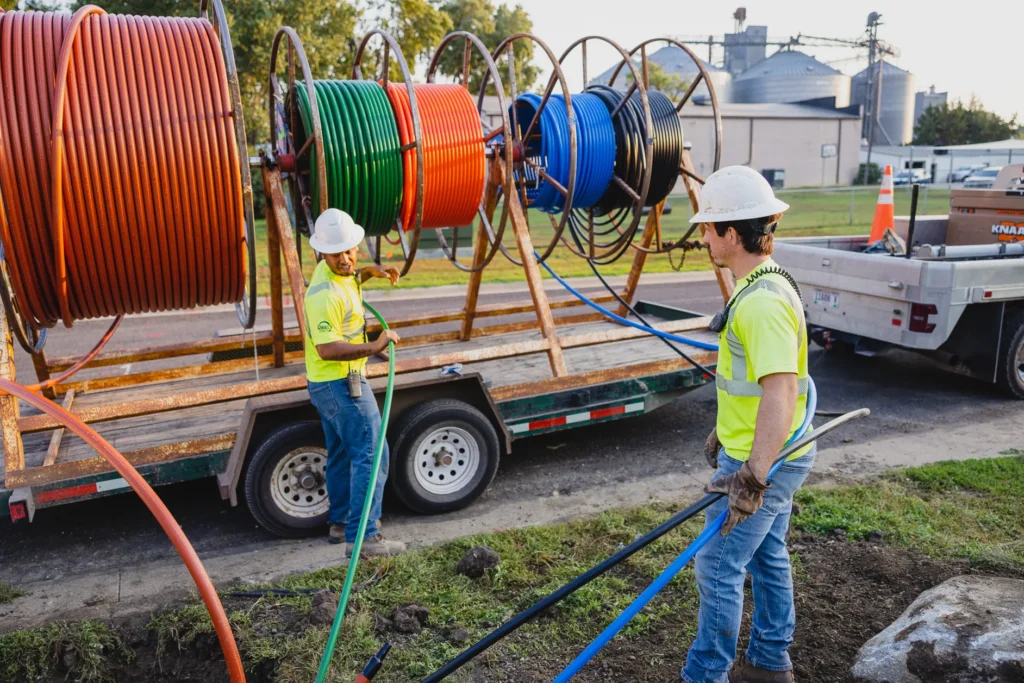The filming process as a whole is resource-intensive. It takes a significant amount of energy and materials to build and operate sets, transport people and props, ensure a healthy and safe working environment, and meet the needs of all the people who work on set.
To mitigate some of this impact, sustainable production guidelines have been in place at Paramount Pictures since 2013 and at Paramount Television Studios since 2014. These programs and initiatives keep evolving over time. In 2022, Paramount expanded its use of sustainable production guidelines and hired a dedicated employee to oversee sustainable production initiatives for additional studios and brands.
And while Paramount has historically focused its sustainability measures on scripted shows and films — which tend to require a greater amount of material resources for set building and operations — they are committed to identifying additional opportunities to implement sustainable production practices across all production, including live events, short-form work, and unscripted content.
Green Production Around the Globe
The Green Production Guide (GPG) — a voluntary best-practices handbook of environmental impact mitigation strategies for the film industry from the Producers Guild of America — has been one of Paramount’s most effective tools in its sustainable production work within the United States. The GPG provides a comprehensive set of guidelines for implementing best practices, reducing energy use, GHG emissions, waste, and other environmental impacts associated with production operations. In the past decade, Paramount has continued to expand its use of the GPG across domestic productions, including ‘Special Ops: Lioness’ and ‘Lawmen: Bass Reeves.’
Paramount’s green production efforts can also be seen around the world. In 2022, Paramount UK earned sustainable production certification on 145 projects for its efforts to reduce carbon emissions on set. This included 50% of projects produced for Channel 5. This recognition comes from Albert — a sustainable production initiative that rewards productions for measuring and reducing environmental impacts. In Australia, Paramount Australia and New Zealand (ANZ) is working to develop a process that captures production-related environmental data, having become a foundational member and seed funder of Sustainable Screens Australia in 2022.
An Environmental Mission on the Set
Paramount’s film, Mission: Impossible — Dead Reckoning Part One, starring Tom Cruise, is an example of a production where sustainability remained top of mind throughout the project. In addition to implementing several green production practices, such as using digital start paperwork and digital accounting systems and providing reusable water bottles for all cast and crew, the team also ensured at least 30% of the lighting package included energy-efficient set lighting, such as LEDs. Construction also repurposed scenery for use in several sets and recycled its debris.
Its efforts to recycle, donate assets to local non-profit partners, and incorporate sustainable behaviors on-screen — such as prominently displaying recycling bins at all airport scenes —earned the film crew a Green Seal from the Environmental Media Association (EMA) for sustainable production.
In 2022, a total of 12 Paramount productions received Green or Gold Seal recognition from the EMA. The EMA Green Seal is a two-tier recognition program honoring progress in sustainable production practices across movies, TV shows, filmed commercials, and print advertising.
Paramount is making significant strides in enhancing its overall environmental performance by addressing the environmental impacts of production. By implementing sustainable production guidelines and continually evolving these initiatives, Paramount has demonstrated a commitment to reducing the resource-intensive nature of the filming process.









